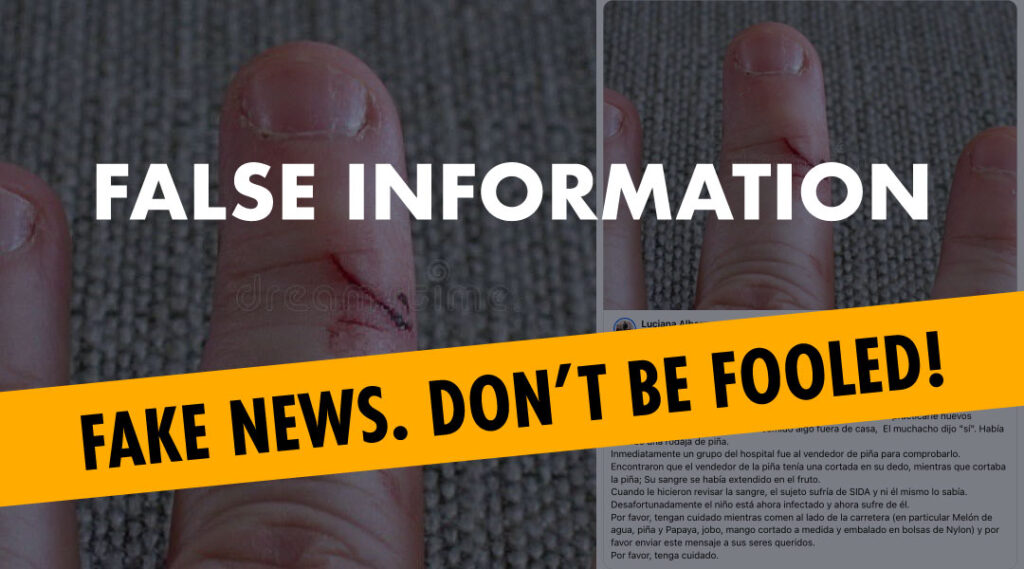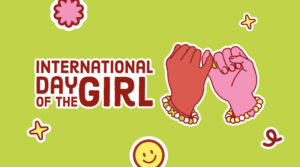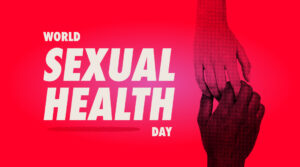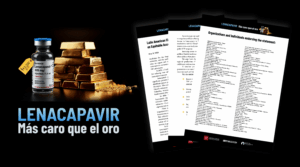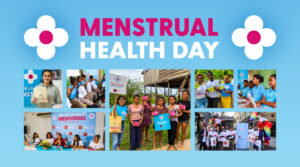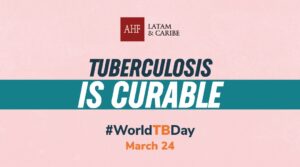In recent days, a message has been circulating on social media and messaging platforms claiming that a 10-year-old boy in Barbados contracted HIV after eating pineapple contaminated with blood. In response to this message, which has gone viral in several countries across Latin America and the Caribbean, AHF Latin America & Caribbean finds it necessary to publicly clarify that this information is false and entirely lacking in scientific basis
AIDS Healthcare Foundation (AHF), which provides free sexual health services in more than a dozen countries throughout the region, reminds the public that HIV is not transmitted through food, nor by contact with objects, surfaces, or minor wounds exposed to the environment. The virus that causes HIV requires very specific conditions for transmission and does not survive outside the human body long enough to pose a risk under such circumstances.
Additionally, there have been reports of an alleged “AIDS outbreak” spreading on social media. This expression is both inaccurate and alarmist. It is important to clarify that AIDS is not a contagious disease that can suddenly spread like the flu or a respiratory virus. AIDS (Acquired Immunodeficiency Syndrome) is an advanced stage of HIV infection that only occurs when a person has not had access to testing and treatment over an extended period. Today, with the availability of antiretroviral treatment, many people living with HIV never go on to develop AIDS.
There is no such thing as a spontaneous “AIDS outbreak.” These claims, aside from being scientifically inaccurate, fuel misinformation, reinforce stigma against people living with HIV, and hinder real prevention efforts.
How is HIV actually transmitted?
HIV is only transmitted in specific situations, such as:
- Sexual intercourse without a condom
- Sharing needles or sharp instruments
- From mother to child during pregnancy, childbirth, or breastfeeding (without treatment)
- Unscreened or unsafe blood transfusions
- Direct contact between mucous membranes or open wounds and the bodily fluids of a person living with HIV
HIV is not transmitted through hugs, kisses, sharing cups or utensils, or casual contact with others, including handshakes, coughs, or tears.
The importance of accurate information and knowing your HIV status
Misinformation about HIV is never harmless. It spreads quickly, creates fear, rejection, and stigma. That is why AHF urges the public to rely on trustworthy sources, speak to healthcare professionals, and—above all—get tested to know their HIV status.
The correct use of condoms remains the most accessible, effective, and simple tool for preventing HIV transmission. Moreover, people living with HIV who are on treatment can live full, healthy lives without any risk of transmitting the virus.
Free services across Latin America and the Caribbean
Through its own clinics, mobile units, and partnerships with community and government centers, AHF provides free sexual health services in 12 countries across Latin America and the Caribbean, including:
- Rapid and confidential HIV testing
- Comprehensive medical care for people living with HIV
- Counseling, psychosocial support, and treatment for sexually transmitted infections (STIs)
All services are free, accessible, confidential, and provided without discrimination.
For more information, visit: https://ahflatamycaribe.org
